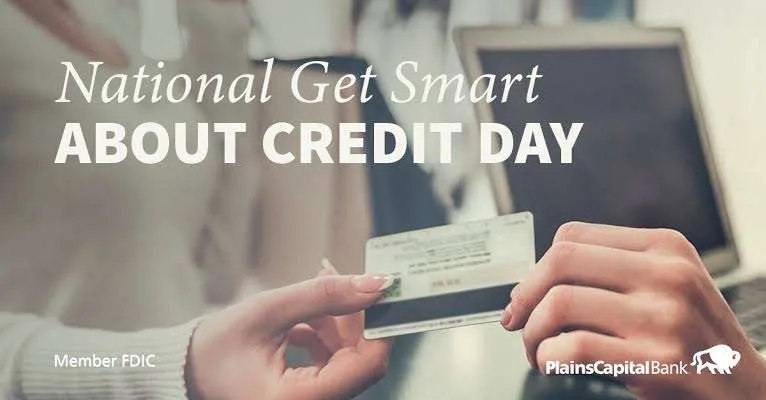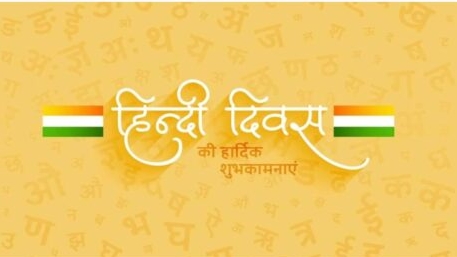National Get Smart About Credit Day – October 20, 2022, history, significance
National Get Smart About Credit Day is observed annually every third Thursday in October, falling on October 20 this year. This day is part of the Get Smart About Credit (G.S.A.C.) program where bankers volunteer to help guide the youth towards better credit habits. Being financially responsible is an important life skill to have and it is never too early to start.
HISTORY OF NATIONAL GET SMART ABOUT CREDIT DAY

The Get Smart About Credit program was launched by the American Bankers Association Foundation back in 2003. The aim is to start them young and promote not only positive credit habits but also positive financial management habits overall. This program focuses primarily on high school students and young adults, in order to help them get their finances in check as they first begin to earn and handle their own money.
The G.S.A.C program is free of cost as it is run by bankers who volunteer their time and services to educate the youth. All volunteers are provided with free resources to efficiently generate awareness about various topics covering personal financial skills such as banking careers, budgeting, credit scores, identity theft, and paying for college.
Every third Thursday in October has been dedicated to the education of the youth about the dos and don’ts of financial management and to equip them with the techniques that they will need in the long run.
With an endless array of banks and bankers participating on this day, there are numerous events and webinars available to the youth — even online ones! With no hidden fees or costs to anyone, National Get Smart About Credit Day is purely for the financial betterment of the young ones, thanks to the bankers who are willing to help!
NATIONAL GET SMART ABOUT CREDIT DAY TIMELINE
1950s
The Credit Score Originates
Bill Fair and Earl Isaac create an impartial credit scoring system.
1980s
Turn Me into a FICO
The modern-day credit score — based on credit files of Experian, Equifax, and TransUnion — is launched.
2000s
It’s a FACT(A)
The Fair and Accurate Credit Transactions Act is signed allowing every citizen to obtain a free credit report once a year.
2003
Get Smart
National Get Smart About Credit Day is launched by the ABA Foundation.
NATIONAL GET SMART ABOUT CREDIT DAY ACTIVITIES
Check your credit score
If you haven’t done so already, get your free annual credit report. You can obtain it from one of the three credit bureaus (thanks FACTA) and check your credit score to see where you stand financially.
Consult a financial advisor
Show your current stats to a financial advisor of choice and ask them to help you with a financial plan for the future. Take this day to invest in your future self.
Participate in the G.S.A.C. program
If you are an eligible participant or banker, get involved in a G.S.A.C. activity. Whether it is volunteering your time, offering to consult, or attending a virtual seminar, there are so many options available!
5 FACTS ABOUT YOUR CREDIT SCORE
Payment history
This accounts for 35% of your score and even one late payment can affect it negatively.
Credit utilization
The ratio of your credit card debt to your credit limits makes up 30% of your score.
Credit history duration
Referring to the age of accounts on your credit reports, this is 15% of your credit score.
Credit mix
This makes up 10% of your score and stands for the different types of credit you have.
New credit
Referring to the number of recently opened credit accounts, this accounts for 10% of your score.
WHY WE LOVE NATIONAL GET SMART ABOUT CREDIT DAY
It is a reminder to be financially responsible
National Get Smart About Credit Day acts as an annual reminder for us to stay on top of our finances. Whether you are new to financial planning or have planned for the next 10 years, it is always a good idea to take a minute and align/realign your habits with your goals.
It increases accessibility
With free-of-cost events being held nationwide, National Get Smart About Credit Day gives you access to bankers and services that you may not have otherwise. Even if your local banks don’t participate, there are numerous online resources to turn to.
It promotes responsibility and independence
By teaching the youth the importance of personal financial management, this program inculcates financial responsibility and independence from a young age. It allows them to handle their own funds and plan for their future.



